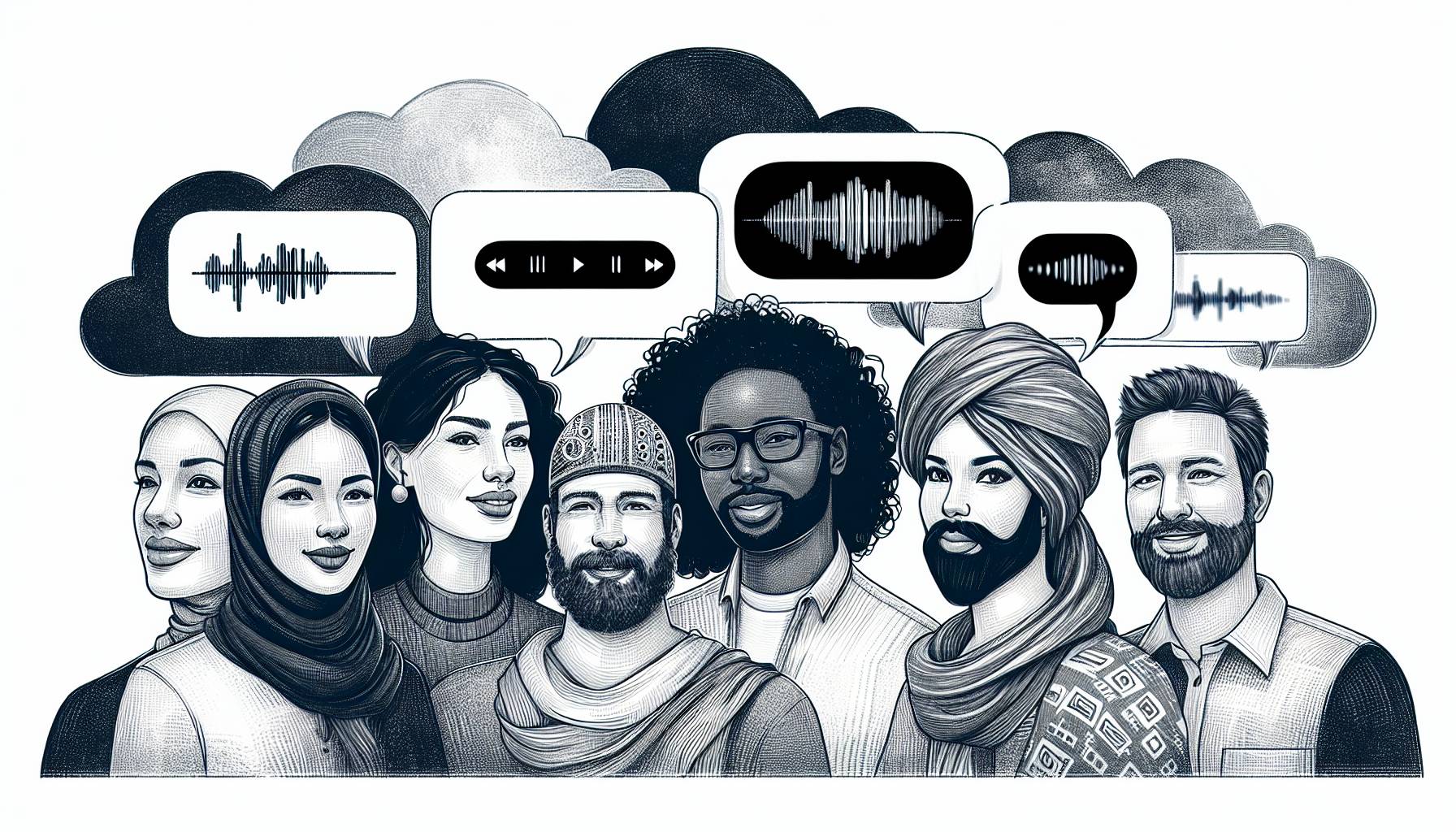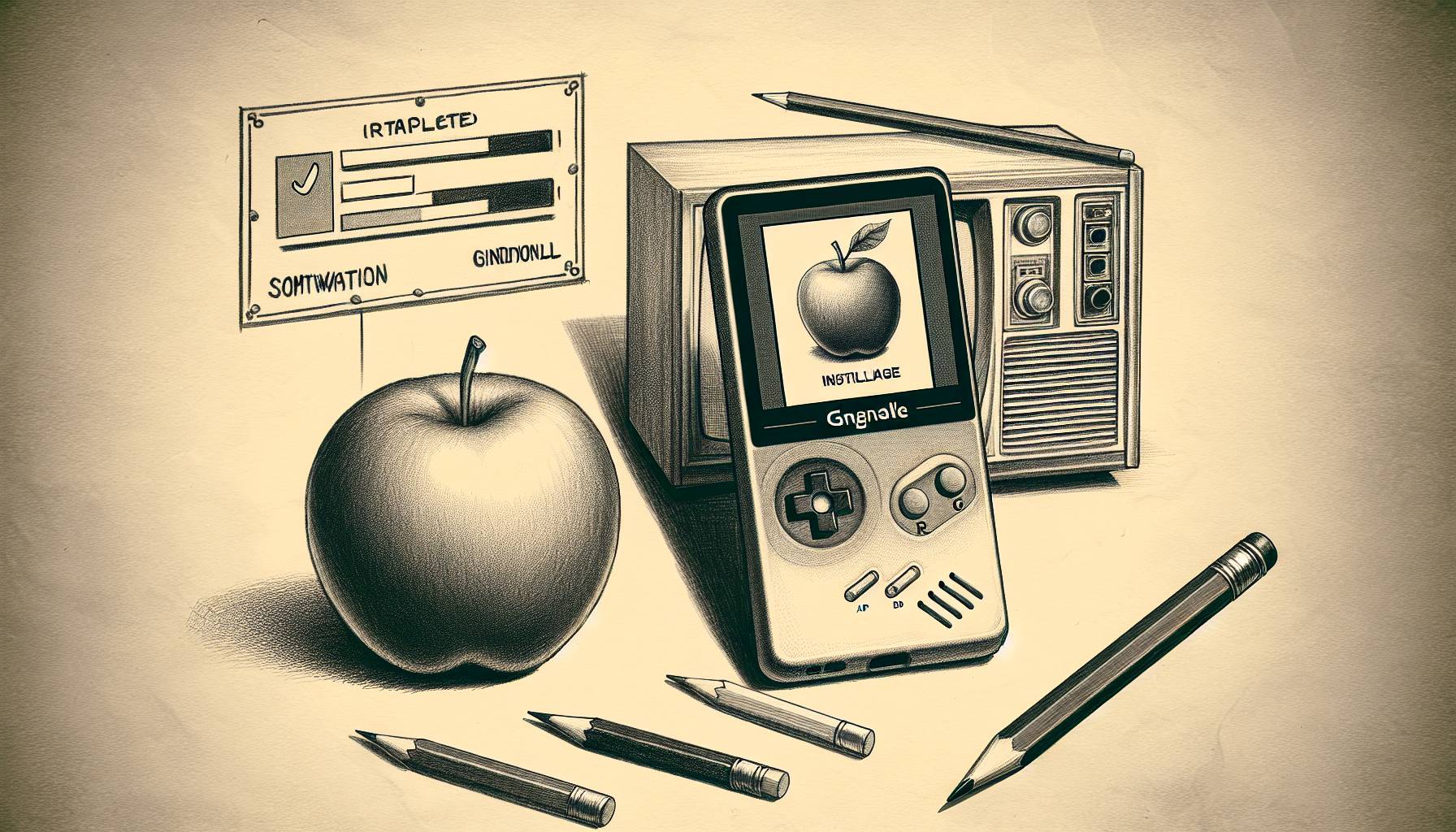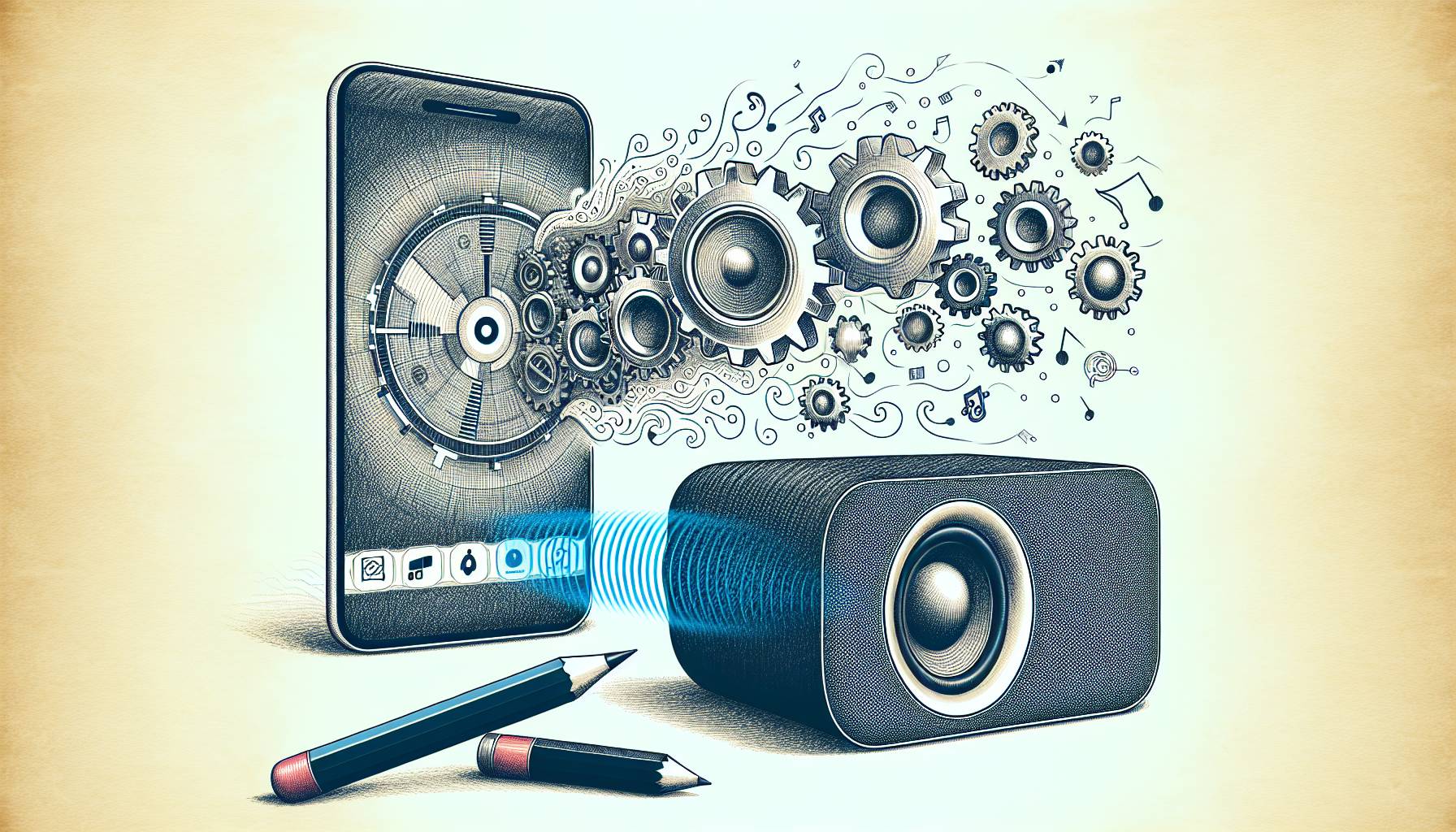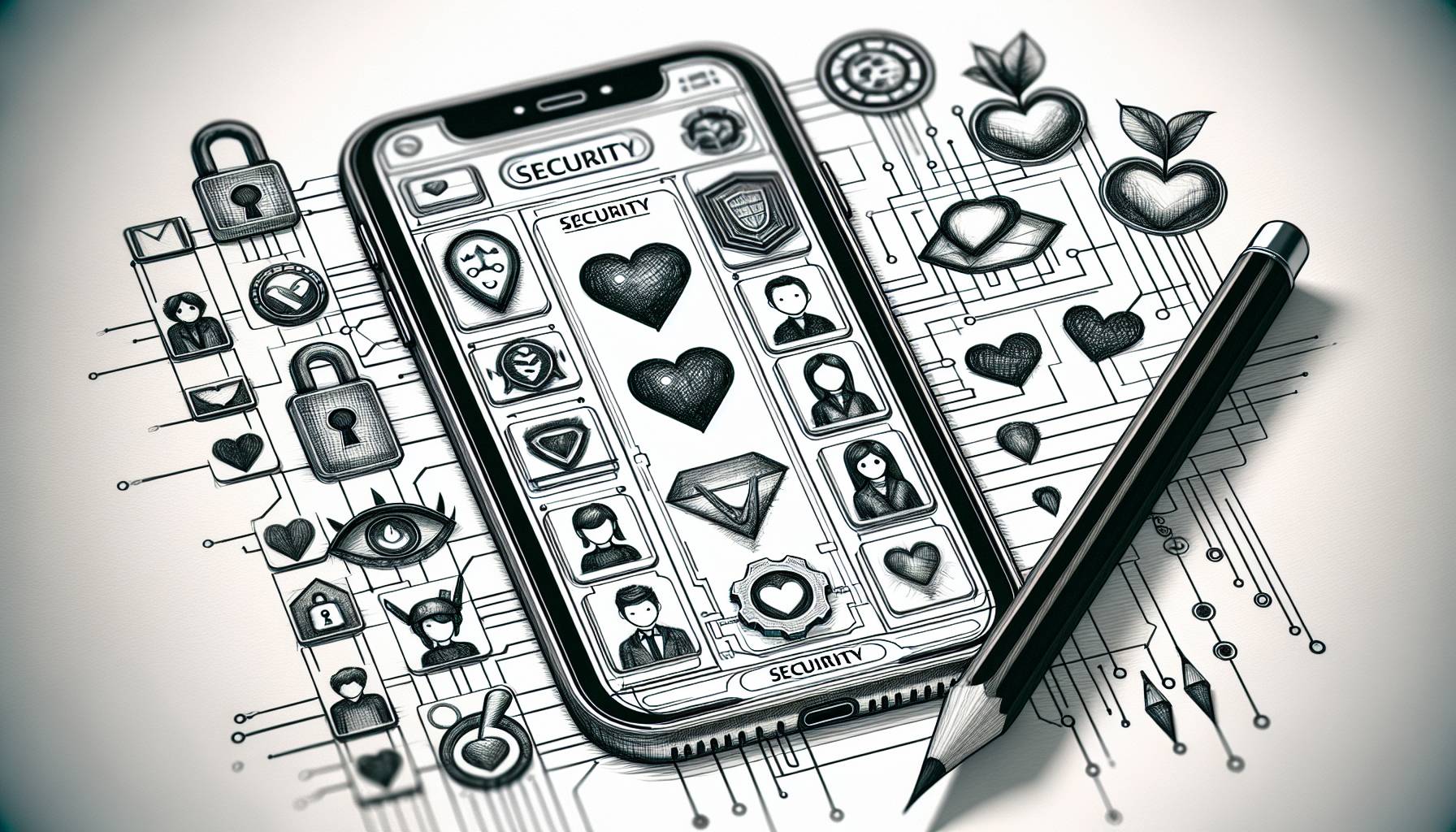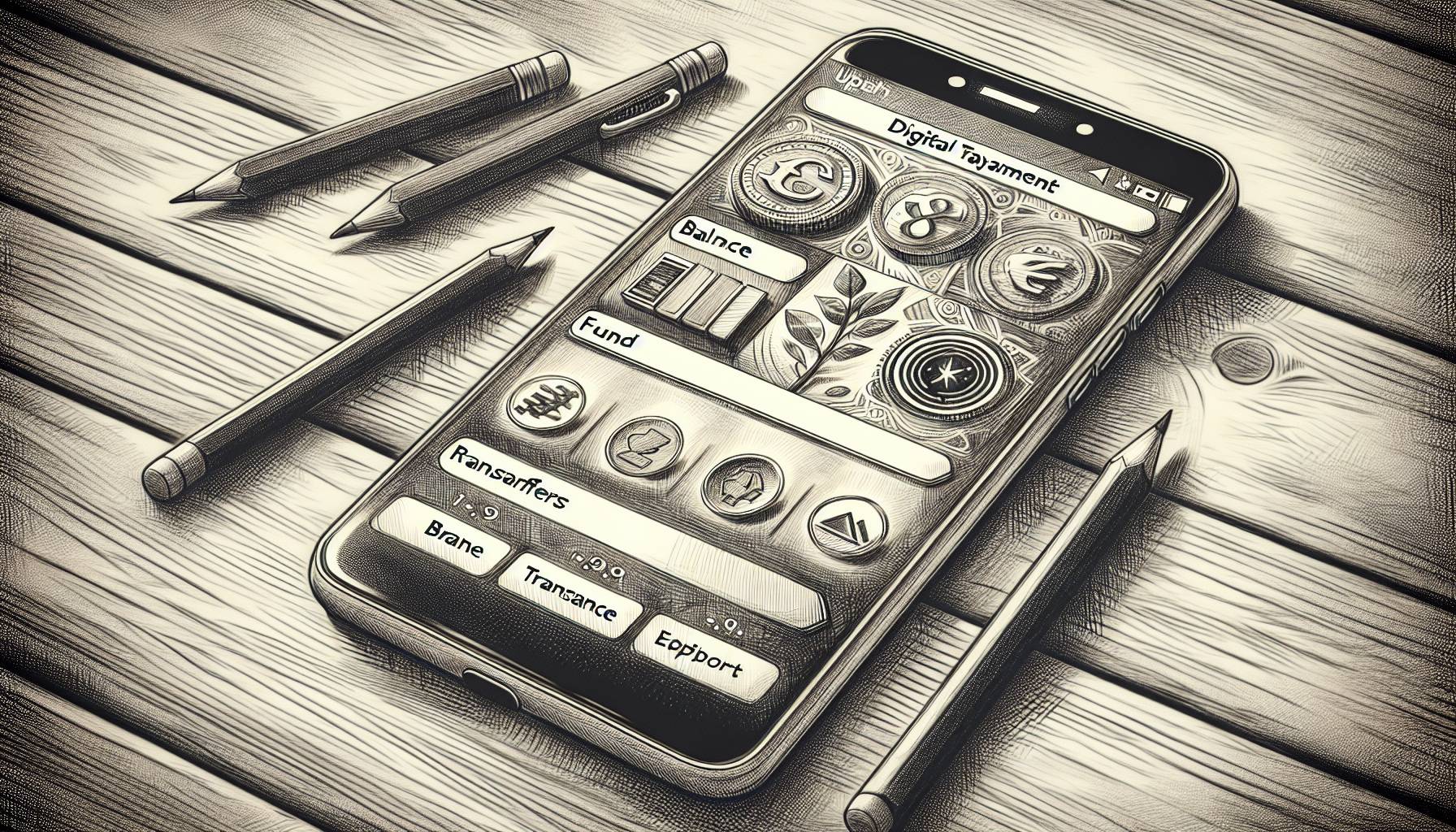Today, we announce the addition of expert-curated educational apps for the iPhone, Android handset, and Android tablets to appoLearning.com website and offering. These new offerings, in addition to the Community Picks announced two weeks ago for iOS and Android, deliver the most comprehensive educational app discovery offering for students, parents and teachers available in the marketplace today.
As a result of this new content, we also conducted the first head-to-head comparison of top apps for educational categories for iOS vs. Android. The results were surprising to us. With the exception of early childhood categories, Android is in a virtual dead heat with iOS for the top 5 apps per categories as selected by experts.
But first, a word on methodology: in conjunction with educational experts, we defined 80 categories (for example, “Fractions.”) across four age groups: Early Childhood, Elementary Education, Middle School, and High School. Next, we recruited teachers and educational experts to choose the very best five apps for each category, scoring each app according to the appoLearning proprietary rubric, a 14 question score in addition to commentary that generates an appoLearning Report Card Score that judges Educational Content, Kid Appeal, Assessment, Features and Design, Value, and Privacy. Next, each category was reviewed by yet another educational expert or teacher for consistency and quality. Since appoLearning has almost 170 categories for the iPad today, we limited our comparison to the 80 categories developed for the other three platforms (and yes we have plans to increase the number of categories).
Our experts used a Samsung Galaxy Note 10.1 running Android version 4.1.2 Jellybean as their representative tablet, and a Samsung Galaxy S3 running Android version 4.1.2 Jellybean as their representative handset. For iOS, as there are no compatibility issues, our experts used various iPhones and iPads running iOS 6 and 7.
The result is a Report Card Score that provides what we feel is essential to Education (and really any deep vertical) app discovery: context (not just educational apps, but elementary numeracy), credibility (not an anonymous editor but an actual expert who can be identified and contacted), and transparency (not a hidden scale or 5-point score but a detailed score). This methodology when applied across platforms allows us to compare the efficacy and quality of apps.
And the results surprised us. We had been stories of the lack of great Android apps in Education for quite some time; but the reality is you can find great apps for Android Tablets and Android Handsets in addition to iPhones and iPads.
Some other interesting results from the study: iPhone educational apps are actually ranked slightly higher than iPad educational apps across the board; not surprising if you think about the larger installed market of iPhones vs. iPads and the subsequent ability to make a large investment against that market. Each of the four platforms have a significant percentage of these top five apps being paid, with iOS having a larger percentage of paid apps than Android, and also a higher average price. Again, not surprising in that in our experience in is much harder to deliver a true freemium model in the Education category due to expectations of value upon delivery and the bursty use case model.
Available for free today, the full set of expert data and reviews for each of the 400 apps for 80 categories for iPhone, Android Tablet, and Android Handheld join the over 830 apps for over 165 categories for iPad on appoLearning.com. This is in addition to the Community Lists where any parent, teacher, or student can create their own lists for sharing.





